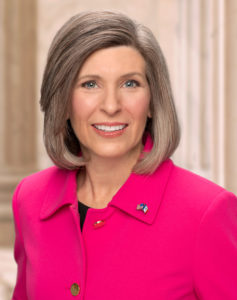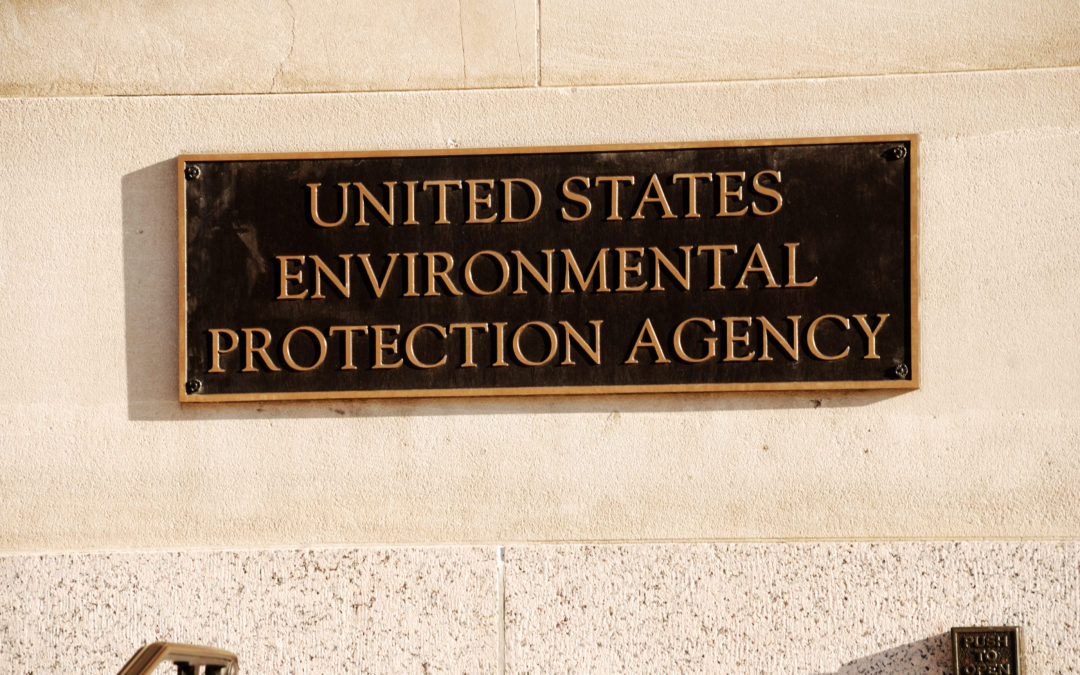A gut punch to Iowans. That’s the only way to describe the Biden Administration’s decision to roll back the previous administration’s Navigable Water Protection Rule. Sadly, for those of us who have been on the frontlines of this fight since 2015, this news is not a surprise.
Now let me be clear: everyone can agree that clean water should be a national priority. Iowans, and all Americans, want sensible safeguards that protect our environment and keep our nation’s water clean. But what they don’t want is a one-size-fits-all, Washington power grab that makes it harder for Iowans to farm, ranch, and build.
That’s why, in 2015, when the Obama-Biden Administration finalized its Waters of the United States (WOTUS) rule—giving the federal government authority to regulate water on 97 percent of the land in Iowa—I immediately got to work to get it off the books. I fought to nullify the rule, but even after my bill passed both the House and Senate with bipartisan support, it was vetoed by President Obama.
But I didn’t back down, and even before President Trump took office, I signaled my intent to work with him on a new, more flexible rule. And we did: the Trump Administration released a proposed rule to replace the Obama-era rule with one that provided much-needed predictability and certainty for farmers. Importantly, it established clear and reasonable definitions of what qualifies as a “water of the United States.” That rule, entitled the Navigable Waters Protection Rule, was finalized in January 2020.
As they say, however, elections have consequences. Anticipating a return to the Obama-Biden era of burdensome regulations, at the beginning of this year I urged the Senate to stand with workers, farmers, manufacturers, and businesses by upholding the previous administration’s Navigable Waters Protection Rule.
Despite having the support of 25 of my colleagues and stakeholders across the country, the Biden Administration ignored these concerns, and the U.S. Environmental Protection Agency (EPA) and U.S. Army Corps of Engineers (Corps) announced their plans to undo all of our progress.
The reality is the fight for Iowa’s agriculture community is never over, and right now I’m working to push back on any harmful regulation this new administration might impose on these hardworking folks.
Together with Senator Chuck Grassley, I’m pressing the U.S. Department of Agriculture Secretary, Tom Vilsack, to make known to the president and his colleagues at the EPA and the Corps the serious concerns Iowa’s farmers and ranchers have with their recent actions on WOTUS. I’m also working to strengthen the voices Iowa’s small businesses in the federal rulemaking process. Too often, Washington bureaucrats put forward rules and regulations without considering their impact on small businesses—and the Obama-Biden WOTUS rule is a perfect example. That’s why I’ve put forward the Prove It Act which allows our small businesses to send federal agencies back to the drawing board to “prove” what they’re proposing won’t hurt small businesses. Specifically, the bill gives the Small Business Administration the ability to question an agency’s analysis if it claims a rule or regulation won’t impact small businesses.
When it comes to WOTUS, instead of continuing to confuse Iowa’s hardworking families, farmers, and businesses by changing its definition with each new administration, we need to make a reasonable, workable definition permanent. To do so, I helped introduce the Define WOTUS Act. This commonsense effort is more important now than ever.
There’s simply no reason to return to the Obama-era ways of giving an unchecked federal agency and unelected Washington bureaucrats more authority to control what’s done on private land. I will always fight tooth and nail for Iowa’s agriculture community, our working families, and our small businesses—and I’ll continue to push back against any attempts to impose complex, burdensome, and overreaching regulations on folks in our state.

Sen. Joni Ernst (R-IA)
Joni Ernst, a native of Red Oak and a combat veteran, represents Iowa in the United States Senate.



